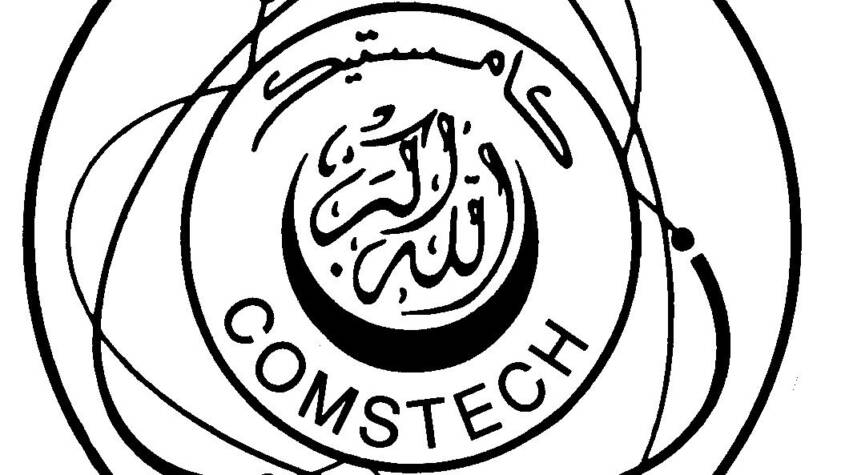Pakistan to spread benefits of China’s collaborative COMSTECH to other Muslim countries: Dr. Iqbal Choudhary
Coordinator General, COMSTECH, Dr. Iqbal Muhammad Choudhary has vowed to extend the benefits of Chinese cooperation in various sectors in Pakistan to the other Muslim countries through the platform of COMSTECH. He said the 70th Anniversary of Pak-China cooperation and diplomatic ties is a historical moment in the history of Pakistan and China as they have been extremely close and worked together to the benefit of people of both the countries for since long.
Islamabad : Coordinator General, COMSTECH, Dr. Iqbal Muhammad Choudhary vowed to extend the benefits of Chinese cooperation in various sectors in Pakistan to the other Muslim countries through the platform of COMSTECH.
“China has been cooperating with Pakistan in different fields of life whether it is virology or vaccine development or biomedical devices. There were so many fields in which COMSTECH can benefit from Chinese expertise and help Muslim countries to develop their capacity in these futuristic endeavours. From the platform of COMSTECH, we would like these benefits of Chinese cooperation spread to the other Muslim countries,” he said in an interview with this agency.
He said the 70th Anniversary of Pak-China cooperation and diplomatic ties is a historical moment in the history of Pakistan and China as they have been extremely close and worked together to the benefit of people of both the countries for since long.
Dr. Choudhary said China has been a great friend of Pakistan and right from the beginning both countries have cooperated in every front of development from economic to trade, from technology to education and tourism.
‘Every kind of aspect of development has been covered under Pak-China cooperation’, he said.
He mentioned that in the field of education, International Centre for Chemical and Biological Sciences, University of Karachi which is also a UNESCO Centre has a history of working together with the Chinese institutions since 1970s.
Initially, our collaboration was with the Chinese Academy of Sciences, Shanghai Institute of America and we have developed cooperation with many institutions including the Chinese Academy of Medical Sciences, Chinese Academy of Sciences in Beijing, Xingjian and Wuhan as a result of which we have been able to establish Sino-Pakistan Centres in Pakistan. Therefore; this cooperation has been extremely productive both in terms of capacity building and also working on projects of mutual interest, he said.
Dr. Choudhary mentioned ‘We have worked in the field of virology, traditional Chinese medicines, medicinal plants and hybrid rice.
One example of very successful cooperation in the field of traditional Chinese medicine is when one of our institutes in Pakistan was able to conduct many clinical trials on traditional Chinese medicines especially in the context of COVID-19’.
“We have also conducted vaccine clinical trials for Sinopharm and are in process to establish contacts with industries in China with more emphasis on high technology and on technologies which can benefit and value add our natural resources,” he said.
“We greatly value the Chinese cooperation in every sector which has developed a lot of professional and personal contacts. We consider China as one of the greatest friends of Pakistan and feel that Pak-China cooperation will continue in the future and benefit not only the people of two countries but also to the people of the world at large,” he observed.
He said that cooperation with China has also been very productive when it comes to COMSTECH which is a standing committee for Science and Technology of the Ministers of 57 Organization of Islamic Countries (OIC) member states and we have a large portfolio of various projects.
“We are in a process of establishing contacts with the Chinese institutions as China offers both bilateral and multilateral cooperation,” he said.
Chinese envoy Zhao Shiren urges students to uphold integrity and strengthen China-Pakistan ties
LAHORE:The Consul Generals from several countries and other distinguished guests attended …











